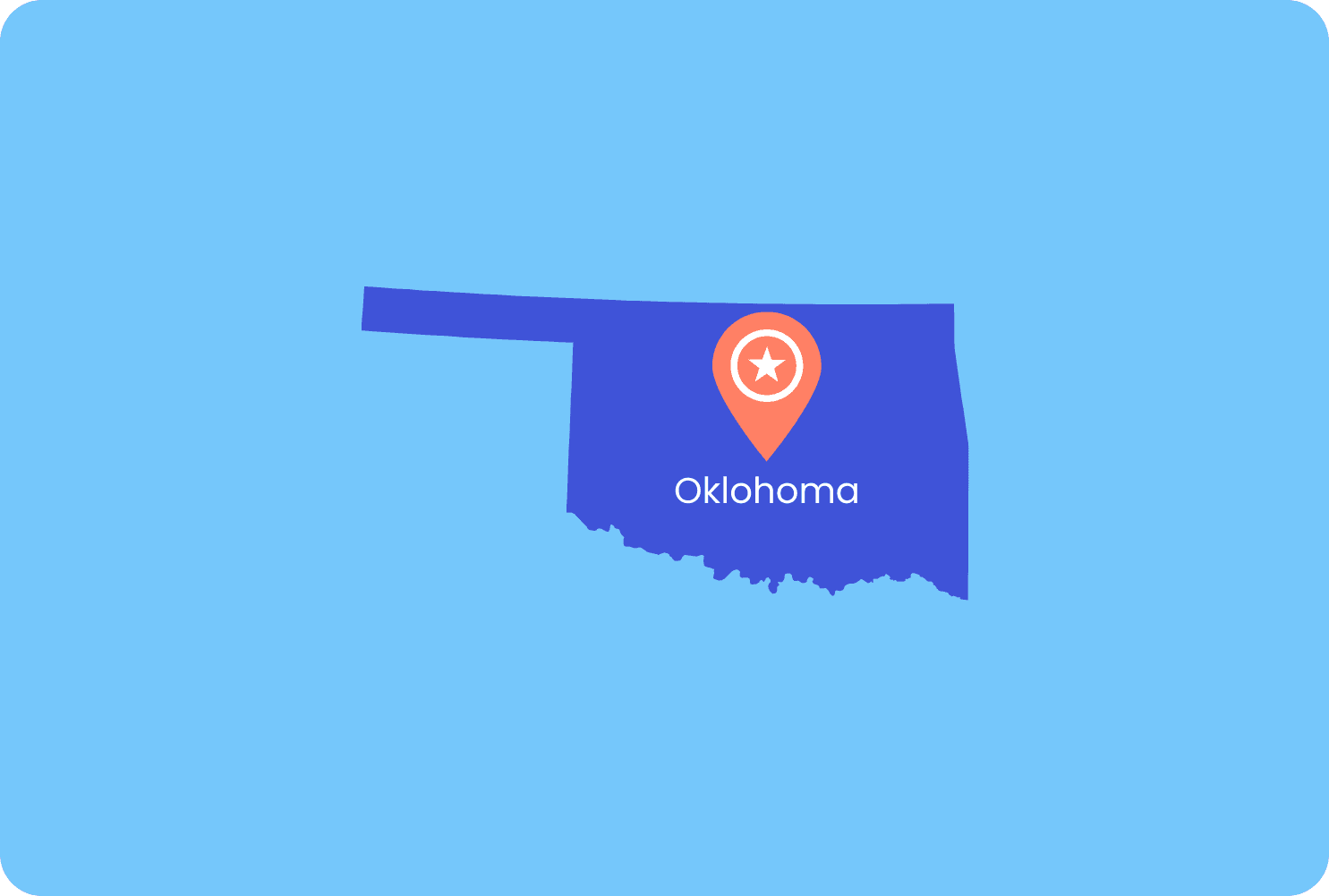Navigating the Maze of Medical Debt in Kentucky

Introduction
In Kentucky, where medical expenses can quickly accumulate, understanding how to navigate the complex landscape of medical debt is crucial for maintaining financial health. This guide provides Kentucky residents with practical advice and resources to manage, negotiate, and potentially reduce medical debt.
Understand Your Bills and Your Rights
Review Your Bills Carefully: Errors in medical billing can occur. Request an itemized statement for your medical services and compare it with your insurance explanation of benefits (EOB) to ensure accuracy. The Consumer Financial Protection Bureau (CFPB) offers guidance on how to dispute billing errors.
Understand Your Insurance Coverage: Familiarize yourself with the specifics of your insurance plan, including deductibles, copayments, and covered services. The Kentucky Department of Insurance provides resources to help consumers understand their health insurance policies and navigate disputes.
Kentucky's Consumer Protection Laws: Learn about your rights under Kentucky's consumer protection laws, which offer protections against unfair billing and collection practices. The Kentucky Attorney General’s Office can provide information and assistance in dealing with unlawful debt collection practices.
Strategies for Managing Medical Debt
Negotiate with Providers: Many healthcare providers are open to negotiating medical bills. You may be able to secure a discount or arrange a more manageable payment plan by directly contacting the billing department.
Seek Assistance Programs: Kentucky offers several programs to assist residents with healthcare costs:
Kentucky Medicaid: Provides health coverage to eligible low-income adults, children, pregnant women, elderly adults, and people with disabilities. Visit the Kentucky Cabinet for Health and Family Services for more information on Medicaid.
Kentucky Health Benefit Exchange (kynect): Offers access to affordable health insurance plans and information about subsidies that can help lower the cost of coverage. Check out kynect for more details.
Medical Bill Advocacy: Consider hiring a medical bill advocate who can negotiate charges on your behalf. Organizations like Patient Advocate Foundation provide services to help patients navigate medical bills and insurance.
Explore Debt Consolidation: This might be an option for managing debt from multiple sources. Websites like
NerdWallet offer guides on debt consolidation strategies.
Legal Avenues
For those overwhelmed by medical debt, consulting with a legal professional may offer pathways to relief. Bankruptcy, while a measure of last resort, can discharge medical debts under certain conditions. The Legal Aid Network of Kentucky provides free legal services to low-income individuals, including advice on handling excessive medical debt.
Prevention and Future Planning
Health Savings Accounts (HSAs) and Flexible Spending Accounts (FSAs): Consider using HSAs or FSAs to set aside pre-tax dollars for medical expenses. The U.S. Treasury’s HSA page.
Preventive Care: Utilizing preventive care services covered by insurance can help avoid larger medical expenses.
Shop for Healthcare: Use tools like Healthcare Bluebook to compare healthcare costs and ensure you're getting fair pricing for services and procedures in Kentucky..
Resources in Kentucky
Kentucky Medicaid: For eligibility and application details, visit the Cabinet for Health and Family Services website.
Kentucky Department of Insurance: Provides consumer protection and insurance guidance at Department of Insurance.
Legal Aid Network of Kentucky: Offers legal assistance for various issues, including medical debt. Visit ky Justice for more information.
Conclusion
Navigating medical debt in Kentucky involves a proactive approach—understanding your rights, seeking available assistance, and taking informed steps to manage or reduce your debt. With the right strategies and resources, you can work towards resolving medical debt and securing your financial future.
Read similar articles


Not convinced you love us. We love a challenge.
Your satisfaction is guaranteed. Learn more about our Refund Policy.


















